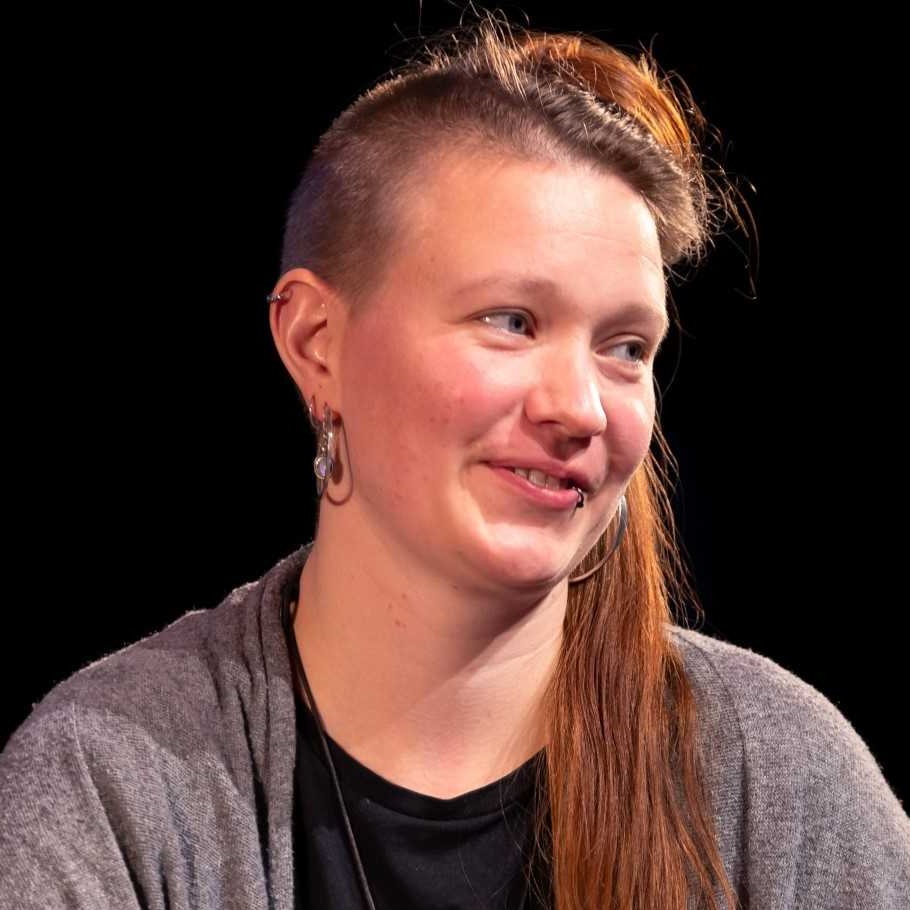
Laura Hertner
Laura Hertner (MSc) is a psychologist and research assistant at Berlin Institute for Empirical Integration and Migration Research at the Humboldt Universität zu Berlin (Germany) and a doctoral candidate within the working group of transcultural psychiatry at the Department of Psychiatry and Psychotherapy at Charité Universitätsmedizin Berlin. Her work focuses on the conditions provided to migrants and especially refugees by hosting countries (urban and rural Germany, recently also Turkey and Lebanon) and their effects on mental health. This includes research on the barriers imposed on non-german native speakers by the German health and addiction care institutions and how they might be overcome.
Refugees (mis)using substances: Why social ecology matters – evidence from a multi-sited qualitative study in Germany
Aim: To understand the links and underlying mechanisms between social-ecological determinants embedded in the post-migration context of refugees and substance (mis)use behaviors.
Methods: A content analysis was conducted on 108 semi-structured interviews and 10 focus group discussions with key persons from professional and personal backgrounds in Germany.
Results: The data suggests refugees’ social ecology, including prospects and opportunities in receiving countries (e.g. work permits), living conditions in German refugee shelters, and social relations with peers and families, heavily influence refugees’ post-migration substance (mis)use. The influence of refugees’ living conditions can be summarized as potentially increasing substance availability and distress, whereas family separation produces, besides worries about those left behind, a loss of control and responsibility, increasing the risk for substance (mis)use. Peers’ influence on substance (mis)use reflected the search for a sense of belonging.
Conclusions: Given that refugees who (mis)use substances have limited to no control over the factors identified in our study to be associated with substance (mis)use, common treatment and prevention approaches are challenged. We recommend aiming for a holistic comprehension of refugees’ substance (mis)use by expanding the focus beyond individuals to the social-ecological context in any attempt, including prevention, treatment, research, and policy.